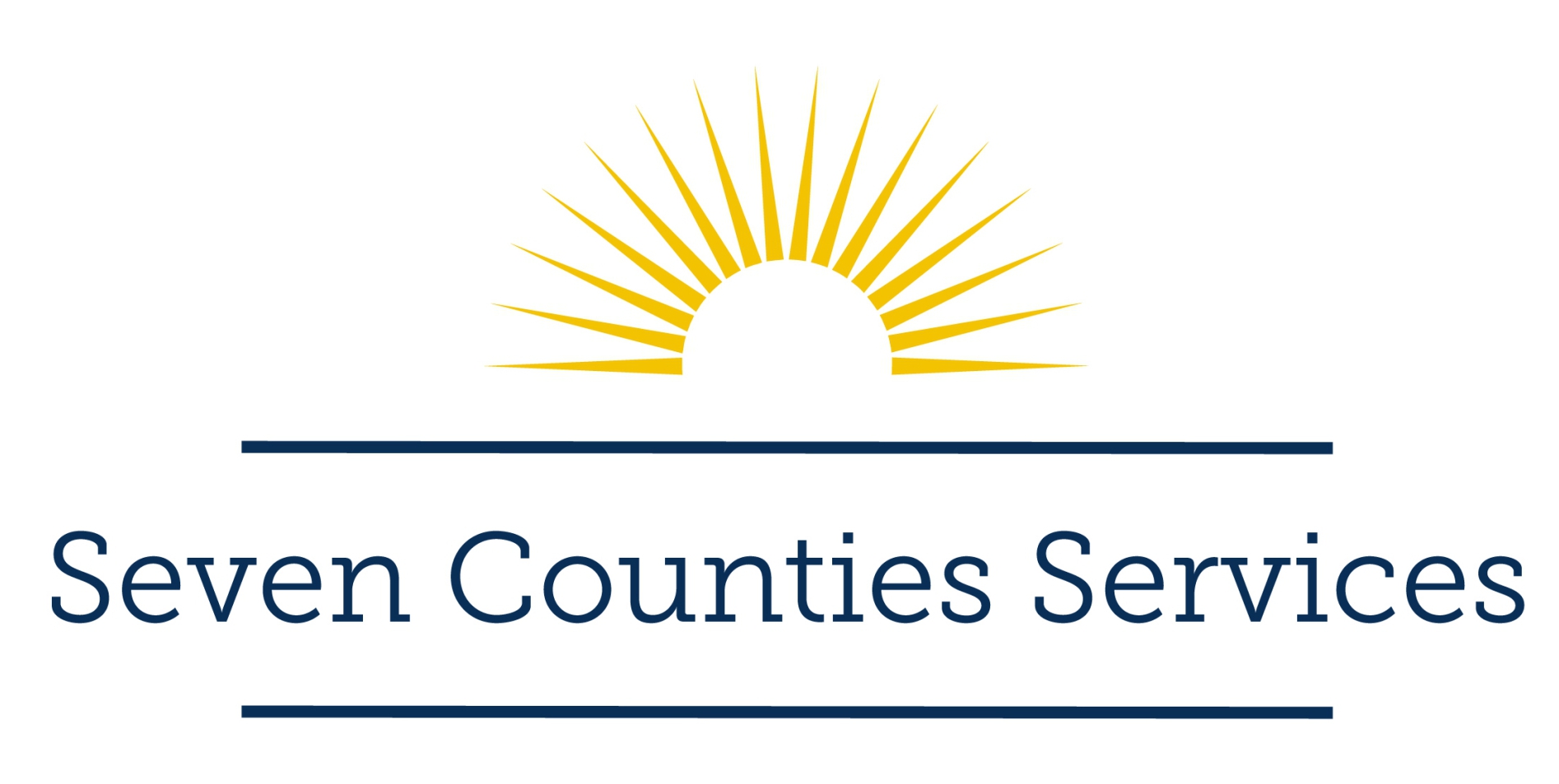Transcranial Magnetic Stimulation (TMS) Therapy
Discover TMS: A New Path in Treating Depression and Anxiety
Seven Counties Services is proud to offer Transcranial Magnetic Stimulation (TMS), an FDA-approved treatment for individuals struggling with Major Depressive Disorder. TMS uses gentle magnetic pulses to stimulate underactive nerve cells in parts of the brain that control mood and emotional well-being, helping patients achieve improved brain function and balance.
What is TMS?
TMS is a safe, non-invasive therapy that uses gentle magnetic pulses to “wake up” nerve cells in specific areas of the brain. This therapy improves brain activity and communication in regions associated with mood, making it an effective option for those who haven’t responded well to traditional antidepressant medications.
How Does TMS Work?
TMS is especially beneficial for individuals with depression. When certain brain areas show lower activity levels, TMS targets these areas, stimulating nerve cells to boost brain function. This non-surgical therapy has very few side effects and doesn’t require any implants or invasive procedures. It’s done in an outpatient setting, allowing you to go about your day as usual after each session.
Benefits of TMS
- Reduces Depression and Anxiety Symptoms: TMS can relieve the emotional effects of depression and make it easier to manage anxiety.
- Non-Invasive: TMS doesn’t involve surgery, implants, or any insertion into the body.
- No Systemic Side Effects: Since TMS is not a drug, it doesn’t cause side effects like weight gain, drowsiness, or stomach issues.
- No Sedation Required: You remain awake and alert during each session, with no recovery time needed.
What to Expect During a TMS Session
TMS sessions are available at our Downtown Office and take about 30 minutes. Treatments are typically scheduled five days a week over six weeks. During each session, you’ll sit comfortably while a magnetic coil is placed on your head. You may hear a clicking sound and feel a gentle tapping on your scalp, but the treatment is generally comfortable. Afterward, you can drive home and continue with your day.
Contact Us
Ready to find out if TMS is right for you? Contact Seven Counties Services today to get started with TMS therapy or make a referral. Whether you’re a potential client seeking relief from depression or a healthcare provider looking to refer a patient, we’re here to support you in finding a brighter path forward with TMS therapy. Learn more about TMS research.
Common Questions About TMS
What is TMS?
Transcranial Magnetic Stimulation (TMS) is an FDA-approved device that provides treatment using gentle magnetic pulses to “wake up” nerve cells in areas of the brain that control mood. This helps improve brain activity and communication in the parts of the brain linked to mood and emotional well-being.
How does TMS work?
In people with Major Depressive Disorder, certain parts of the brain show lower activity levels. TMS targets these areas to “wake up” the cells, increasing brain activity to normal levels. TMS is non-invasive, meaning it doesn’t require surgery or any instruments inside the body, and it has very few side effects.
What’s the difference between TMS and antidepressants?
TMS is usually recommended when antidepressant medications haven’t worked well, or their side effects are hard to handle. Antidepressants go through your whole body, which can cause unwanted side effects. TMS, on the other hand, is an outpatient treatment focused only on the brain, so it doesn’t have these widespread side effects.
Are there any side effects with TMS?
TMS is generally very safe and doesn’t have the same side effects as antidepressants. Studies show that the most common side effects are mild scalp discomfort or headaches, which don’t last long. Very rarely, TMS can cause a seizure, with the risk being about 0.03% per session (or less than 1% per patient).
How can TMS help with anxiety and depression?
TMS therapy can reduce the emotional impact of Major Depressive Disorder, helping patients feel more balanced, positive, and in control of their emotions. TMS can also help manage anxiety symptoms, making it easier for patients to feel calm and less overwhelmed.
Will TMS be covered by my insurance?
Most insurance providers, including Medicare and Medicaid, cover TMS. Your doctor can help you get prior authorization, usually needed for coverage.
What can I expect during a TMS treatment?
TMS sessions take place in our Downtown Office and generally take 30 minutes from start to finish, usually five days a week for about six weeks. You’ll sit comfortably in a chair, and the doctor will position a magnetic coil on your head. You might hear a clicking sound and feel a light tapping on your head, but you’ll stay awake and alert. After each session, you can drive yourself home and go about your day as usual.
Will I be sedated or put to sleep during TMS treatment?
No, TMS does not require sedation. You will stay awake and alert during each session, and you won’t need any recovery time afterward.
Does TMS require surgery or any implants?
No, TMS is completely non-invasive. It doesn’t involve any surgery, implants, or anything that goes inside your body.
What does TMS treatment feel like?
During treatment, the magnetic coil placed on your head makes a clicking sound and produces a tapping feeling on your head.
How do I know if TMS is right for me?
TMS is approved for adults in the U.S. with Major Depressive Disorder (MDD) who have not found success with other depression treatments. If you have MDD and medications haven’t worked, or the side effects are too severe, talk to your doctor about TMS. Your doctor can refer you to our TMS provider to see if it’s a good option for you. Learn more about TMS research.


